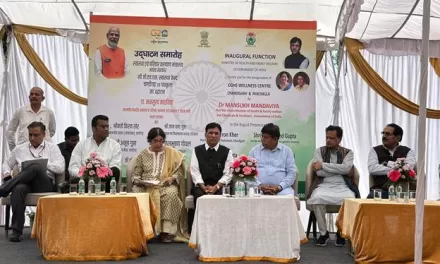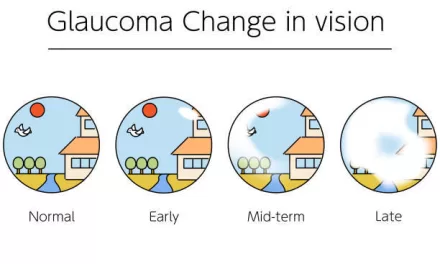The first 10,000 doses set to arrive amid alarm over a new strain and global health inequities.
Africa is on the verge of receiving its first batch of Mpox vaccines next week, as the continent grapples with the spread of a new strain of the virus. This development comes after prolonged delays, underscoring the sluggish pace in addressing global healthcare inequities—a hard lesson from the COVID-19 pandemic that experts warn has gone unheeded.
The long-awaited vaccines, numbering 10,000 doses, are expected to be delivered to Africa, marking a critical moment in the continent’s battle against Mpox, a potentially deadly infection that has been endemic in parts of Africa for decades. The alarm over the new strain, which originated in the Democratic Republic of Congo and has since spread to neighboring countries, prompted the World Health Organization (WHO) to declare Mpox a global health emergency on August 14.
However, the delay in securing vaccines has raised significant concerns. Critics argue that the slow response mirrors the inequities seen during the COVID-19 pandemic, where African nations struggled to access vaccines and other essential resources. Despite the urgency, the WHO only recently initiated the process to grant poorer countries easier access to large quantities of the Mpox vaccine through international agencies.
Health officials express frustration that this process, which could have been started years ago, has only now been put into motion. In the interim, individual African governments have been forced to seek donations from wealthier nations to combat the growing threat. The first batch of vaccines heading to Africa was not provided through the U.N. system but instead donated by the United States, highlighting the delays in global health governance.
“The delay is outrageous, especially considering Africa’s past struggles with accessing COVID-19 vaccines,” said one critic. “It’s disheartening to see history repeating itself, with the same slow response and lack of urgency when it comes to addressing the needs of the most vulnerable.”
The situation has sparked a broader debate about the need for reform in global health systems, with many calling for more robust mechanisms to ensure that all countries, regardless of economic status, can access life-saving vaccines and treatments promptly.
As Africa prepares to receive the first Mpox vaccines, the hope is that this will mark the beginning of a more equitable approach to global health. However, the delayed response has already fueled concerns that the lessons of the COVID-19 pandemic have not been fully learned, leaving many to wonder if the world is truly prepared to tackle the next global health crisis.
For now, African nations must rely on the goodwill of wealthier countries to protect their populations from the growing threat of Mpox. The arrival of the vaccines next week will be a crucial step forward, but the broader issue of global healthcare inequities remains unresolved.











